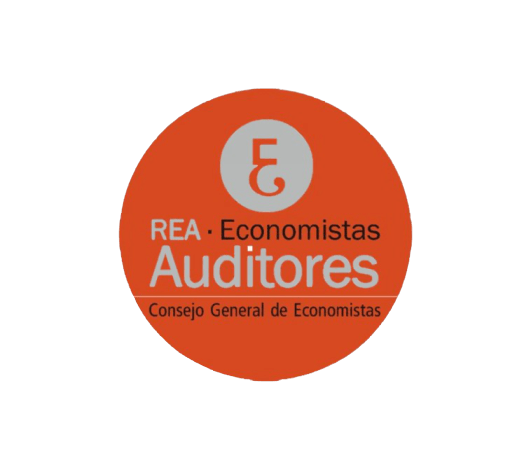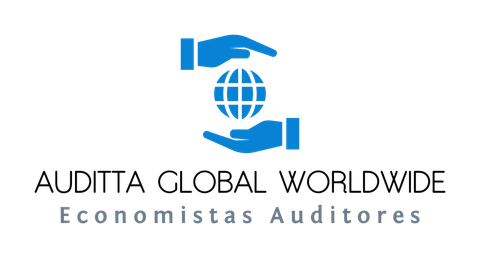OPERATIONAL AUDITS
PROCESS AUDITS
WHAT IS AN OPERATIONAL OR PROCESS AUDIT?
One of the main forms of evaluation of the operation of a company is the operational audit: the analysis of processes and activities of the firm. Process auditing can be carried out from the economic situation of the company to specific sectors of its activity. Its objectives can range from the control of legality to the identification of improvement strategies or risk assessment.
OBJECTIVES OF OPERATIONAL AUDIT
This type of audits seeks to analyze and show the faithful and proven image of management-oriented business processes, as the main driver in
decision-making. The following can therefore be categorized as their main objectives:
- Objective analysis of the current processes and operations of the company.
- Comparative examination, offering alternatives and external indicators to define optimization strategies.
- Study of the business structure to determine the efficiency of chains of command and the distribution of responsibilities.
- Determination of business costs, including return on investment and viable alternatives to reduce them without harming other elements of the organization.
Operational Auditing is a process by which a team of experts looks in detail at every aspect of an organization, pointing out harmful or improving aspects, and helping to enhance operational strengths. That is why it is highly recommended that auditors be outside the Company, which gives them greater objectivity.
USEFULNESS AND BENEFITS OF OPERATIONAL AUDIT
Any type of audit can be useful to the Company, providing a more objective perspective on its own composition. In this case, the audit team's opinion will provide the company with a realistic examination of the state of its processes. Thanks to this opinion, the organization will be able to optimize its operation, so that it can have:
- Greater control over their processes.
- Better metrics and performance assessment systems.
- Increased productivity with decreased costs.
In short, undergoing a process audit aims to optimize the Company’s resources and increase its competitiveness. This tends to offset the temporary and one-off costs of an operational audit.









